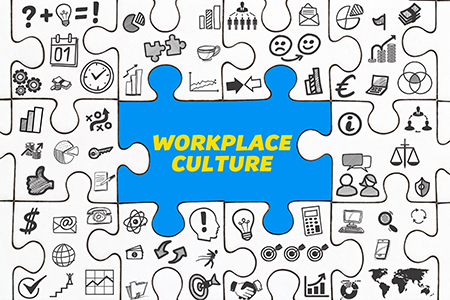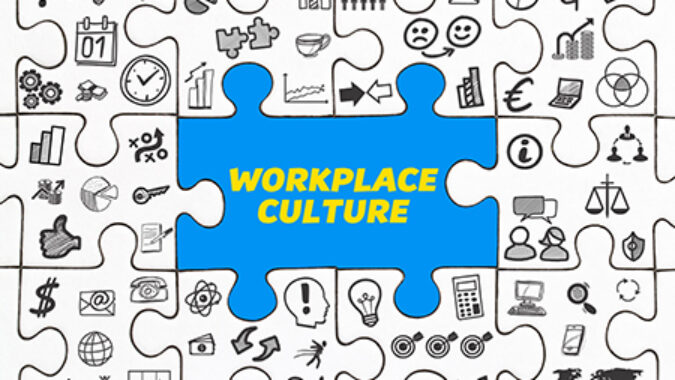 As more companies prepare to reopen workplaces, employers need to recognize that the COVID-19 pandemic has been a traumatic experience for many of their returning employees whose stress will impact their productivity and ability to move the organization forward.
As more companies prepare to reopen workplaces, employers need to recognize that the COVID-19 pandemic has been a traumatic experience for many of their returning employees whose stress will impact their productivity and ability to move the organization forward.
A renewed focus on workplace culture that emphasizes your company’s core values can go a long way toward making employees feel excited and incentivized to return to work, HR consultant Nancy Noto, of NPN HR Services, said during NJBIA’s “People and Culture in a Post-COVID Workplace” webinar on Tuesday.
“Bring your values back to the forefront, say that your family is important to us, your health is important to us and here’s how we’re showing you that with the correct medical safety pieces and by accommodating your schedule needs,” Noto said. “Things like that can go a long way now.”
Noto said Employee Assistance Programs (EAP), which are offered as part of many health plans, can provide workers with easy access to mental health services and other resources to handle challenges that could impact their performance at work, such as finding childcare or managing their bills.
“An EAP can be a meaningful addition to a benefit plan and it’s not a huge cost to the organization,” Noto said during the panel discussion moderated by attorney Filomena Lepore Taylor, of the Lepore Taylor Fox law firm in Paramus.
Micala Campbell Robinson, an attorney who specializes in HR and employment matters at Greenberg Traurig, said the social unrest that has occurred across the nation over the past few months should spur employers to do more to emphasize diversity and inclusion in their workplace culture.
“Employers need to be mindful that it’s not just that people are stressed out about the disease and how it’s going to impact them individually,” Robinson said. “There is an overlay so to speak. We all know in the wake of George Floyd’s tragic death that racial tensions have risen. People are talking more openly about how that has impacted them.”
Robinson said employers also need to take a close look inward for possible racial or gender bias in their decisions because sometimes when they believe they are helping an employee, they are really holding them back from advancement. As examples, she cited cases of a new parents being excluded from important projects because the employers assumed they wanted to spend more time with family, or Black employees being sent to diversity seminars because the employer assumed that’s what they wanted instead of the professional development program that they were actually more interested in.
Although decisions like these may not be consciously made from a place of bias, the effect on employees is the same as if they had been, Robinson said. Open communication with employees in non-formal settings and anonymous surveys to gauge how employees are feeling are useful tools to avoid misunderstanding like these.
“Leaning into the conversation, rather than shying away from it … allows employers to have a much better time with people coming back into the workforce and staying, rather than leaving,” Robinson said.
To watch the entire webinar, go here.


Many thanks to NJBIA for creating space for a discussion on how the pandemic and racial justice movement have provided an opportunity for individuals, companies and communities to grow through these challenging and hopeful days.